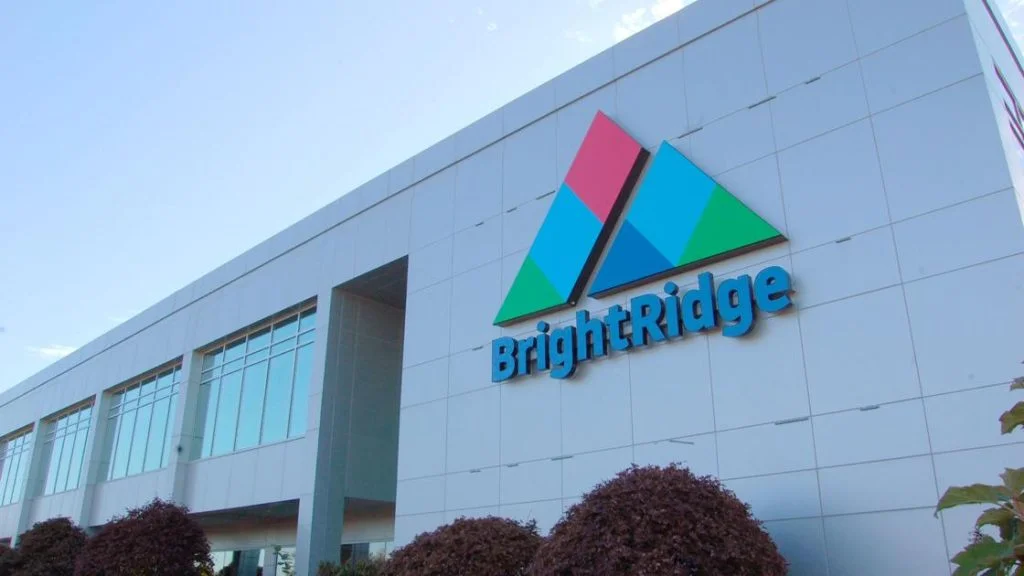BrightRidge a Tennessee internet and electricity provider has been warned about the loud noise from a Bitcoin mining facility on its property.

According to ABC Tri-Cities, officials have notified BrightRidge, a power and internet provider based in Washington County, Tennessee, about a loud Bitcoin mining plant operating on its property.
A zoning law is allegedly being broken by Red Dog Technologies’ Bitcoin mining plant. This indicates that the BrightRidge property is exceeding its rights for the location it is in—in this case, noise permissions.
The letter, according to Kent Harris, Washington County commissioner, mandates that BrightRidge complies with the warning within 30 days. If he doesn’t, he’s made it obvious that more legal action would be required.
“I believe it should be turned off. Nobody enjoys litigation, but if it comes down to it, that’s what it’ll come down to,” Harris reportedly added.
The Bitcoin mining operation has been generating complaints since earlier this year, according to ABC Tri-Cities, when residents complained about a “loud hum” coming from the site.
Bitcoin mining has become a contentious business in recent months as the environmental impact of the industry has become clearer.
Bitcoin Mining and the environment
Residents living near a Bitcoin mining plant face more than just noise pollution. Bitcoin mining has also been related to environmental impact in the surrounding areas.
A Greenidge Generation Bitcoin mining plant in upstate New York has been accused of warming the Keuka Outlet, a stream that runs into Seneca Lake, a body of water that is crucial for thousands of people’s livelihood.
Greenidge Generation‘s then-CEO Dale Irwin defended the company’s activities in an interview with Decrypt, citing the amount of employment produced by the facility.
Seneca Lake, though, is a microcosm of a much wider problem. The Bitcoin network consumes a massive amount of electricity—often more than the majority of countries on the planet.
According to the best available evidence, the bulk of the Bitcoin network is powered by carbon-intensive fossil fuels rather than renewable energy.
As a result, the Bitcoin network emits greenhouse gases equivalent to 60 billion pounds of coal burned, or the annual electricity usage of 9 million houses.
Because Bitcoin mining devices are single-use machines with short shelf lives, the sector generates a lot of electrical trash, often known as e-waste.
Bitcoin mining currently produces the same amount of e-waste as the Netherlands, according to a study by Alex de Vries, the founder of the Digiconomist blog. Bitcoin generates 272 grams of e-waste per transaction, which is equal to two iPhone 12 Mini cell phones or half an iPad.
Noise may be the least of Washington County’s worries, given the mining industry’s previous record.
